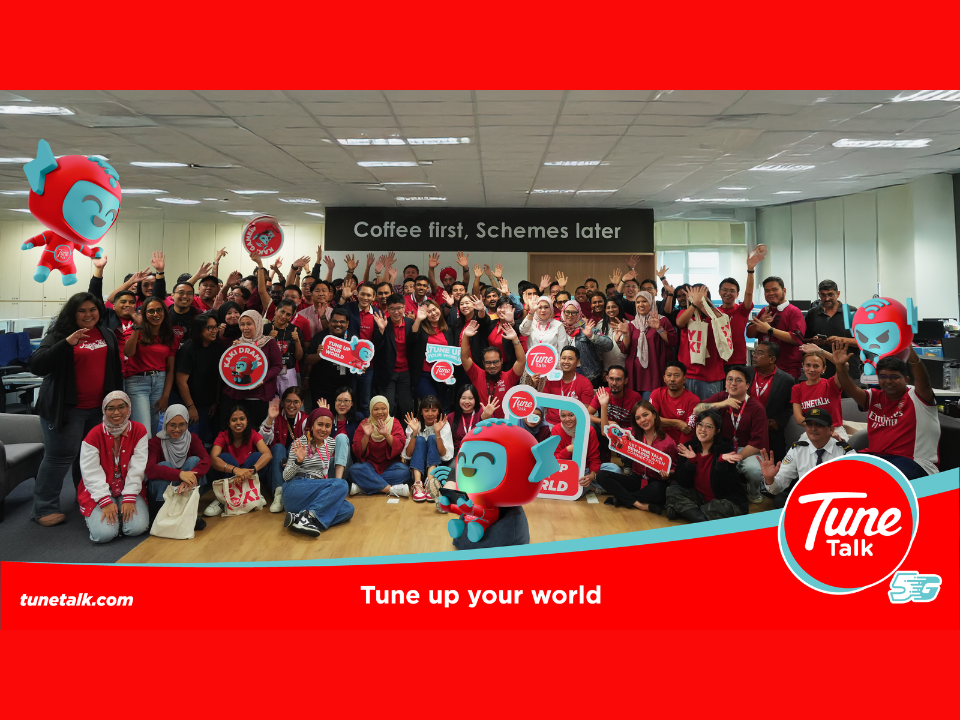
Imagine passing the final exam that took you three years to finish, receiving your degree on stage and having a bright future ahead of you, you believe that years of education will finally pay off. You’re planning to get a job, buy a house, and build a family. But as the celebration fades, an unsettling truth begins to emerge: the job market isn’t as welcoming as expected.
The reality of getting a job after graduation is not as easy as it is seen, many fresh graduates struggle to land their first job after getting their degree, they are trapped in a cycle of rejection, underemployment and uncertainty. Many factors are contributing to this issue and not many are talking about it. So, why are fresh graduates struggling to find decent work today?
AI and Automation Taking Over Entry-Level Jobs

With the rise of artificial intelligence and automation, many entry-level jobs and roles are disappearing. Administrative tasks are now managed by software, Content writing is being outsourced to AI tools like ChatGPT, Customer service is now handled by chatbots. These tools boost efficiency for businesses but they quietly eliminate the kind of real-world experience that fresh graduates desperately need.
As a result, companies expect new hires to already be tech-savvy and self-sufficient without giving them the opportunity to learn. It’s a paradox: graduates are told to gain experience, but the roles that provide it are no longer there. Instead, AI and software take over, leaving fresh grads scrambling to prove their worth in a job market that seems to have skipped a step.
Employers Prioritizing Experience Over Potential

One of the most frustrating barriers fresh graduates faces is the expectation that they come into the workforce already equipped with experience. Even roles labeled as “junior” or “entry-level” often require at least one to two years of prior working experience, which creates an impossible standard for those just stepping out of university. This leads to the classic vicious cycle of no job because no experience and no experience because no job.
Many employers hesitate to hire fresh graduates due to concerns about the time, cost, and resources required to train them. Instead, they prefer hiring “ready-made” talent. While this approach may seem efficient, it sidelines thousands of eager, capable graduates who are willing to learn but are simply not given the chance. Over time, this mindset risks creating a workforce gap where long-term potential is overlooked in favor of short-term convenience.
The Salary Expectation Gap

One of the most debated topics in hiring today is the mismatch between what fresh graduates expect and what employers are willing to offer.
Some employers argue that fresh graduates come in with unrealistic salary demands, hoping for RM2,800-RM3,000 without enough proof of value. But on the other side of the conversation, graduates point to rising living costs, rental prices, student loans, and inflation especially in cities like KL, Penang, or Johor Bahru just to afford a decent quality of life.
In a 2023 report by TalentCrop, it was revealed that over 60% of fresh graduates earn RM2,000 or less, despite most of them holding bachelor’s degrees. Many are even underemployed, working in jobs unrelated to their field of study just to get by. The conversation isn’t about being entitled but it’s about seeking dignity in work and fair compensation for time, effort, and education.
Silent Burnout and Mental Health Pressure

Beyond the job applications and interviews, there’s a hidden burden that weighs heavy on fresh graduates which is mental exhaustion, self-doubt, and anxiety. The pressure to “make it” after graduation, especially in comparison to peers who seem to succeed faster, can be mentally draining.
Scrolling through LinkedIn or Instagram often amplifies feelings of inadequacy like “Why am I not hired yet?” or “What’s wrong with me?” despite the truth that everyone’s journey is different. For many, job hunting becomes a full-time job that pays nothing but steals energy and confidence.
On top of that, there’s often family pressure to start earning, contributing, and “growing up.” This emotional stress, combined with the silence around it, creates a mental health crisis among youths that is still under-addressed in Malaysia.
What Can Be Done?
The challenges are real, but so are the solutions. It takes collective effort from every side:
- Employers must shift their hiring mindset from rigid requirements to recognizing soft skills, potential, and willingness to learn
- Graduates should continue to upskill, build portfolios, volunteer, freelance, and stay resilient. Real growth doesn’t always follow a straight path
- Universities need to bridge the gap between academics and the real world with practical modules, industry exposure, and mentorship programs.
- Government bodies and NGOs can expand support through career-matching platforms, training grants and mental health awareness campaigns.
Rising Above the Struggle

The struggles of Malaysia’s fresh graduates are real, but they are not the end of the story. Every generation faces its own uphill battle, this one just happens to come with AI, economic pressure, and uncertain future.
But with more awareness, better opportunities, and a little empathy across the board, we can build a system where potential is nurtured, not ignored and where young Malaysian aren’t just seen as job seekers, but as changemakers of tomorrow.










